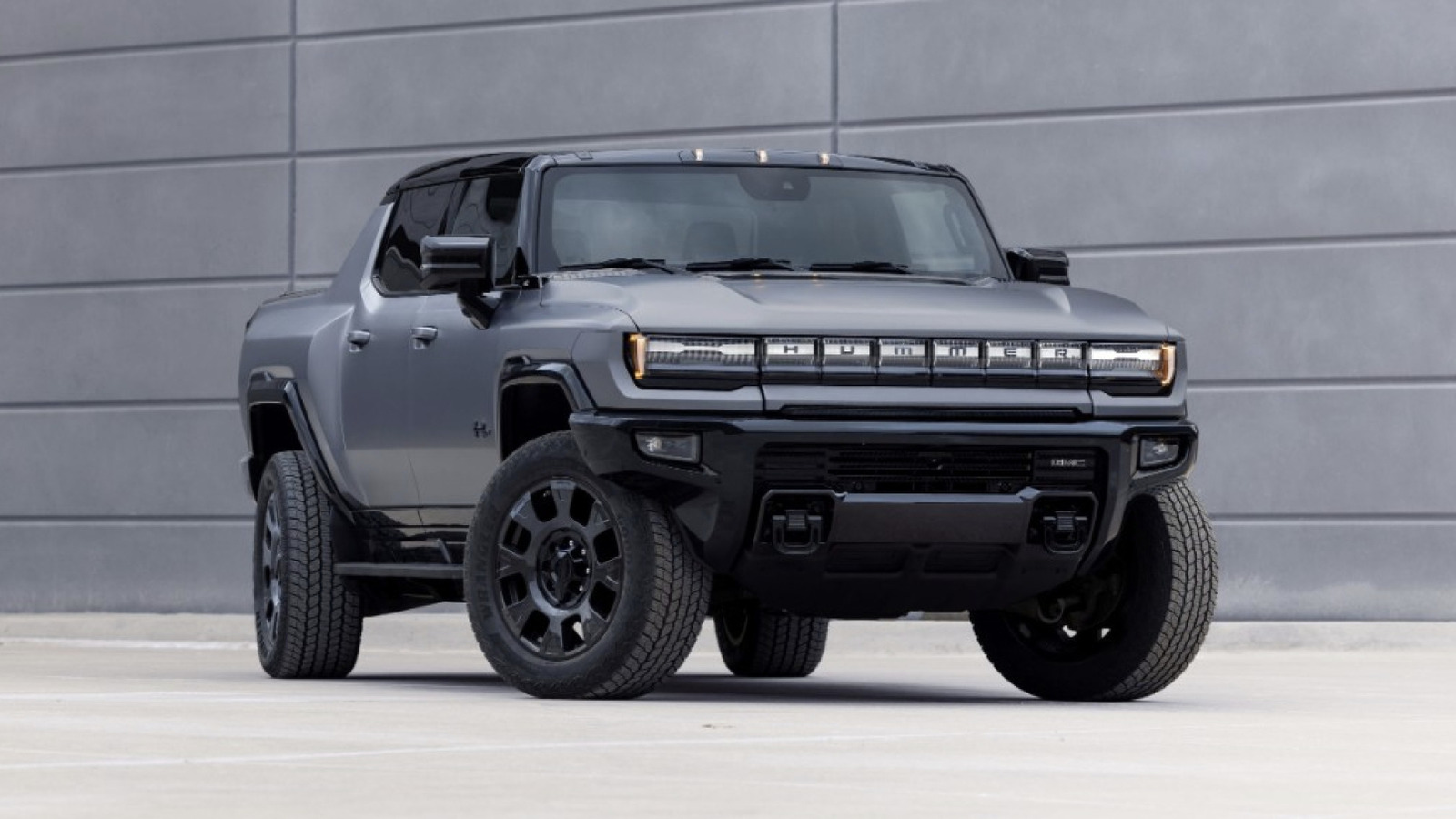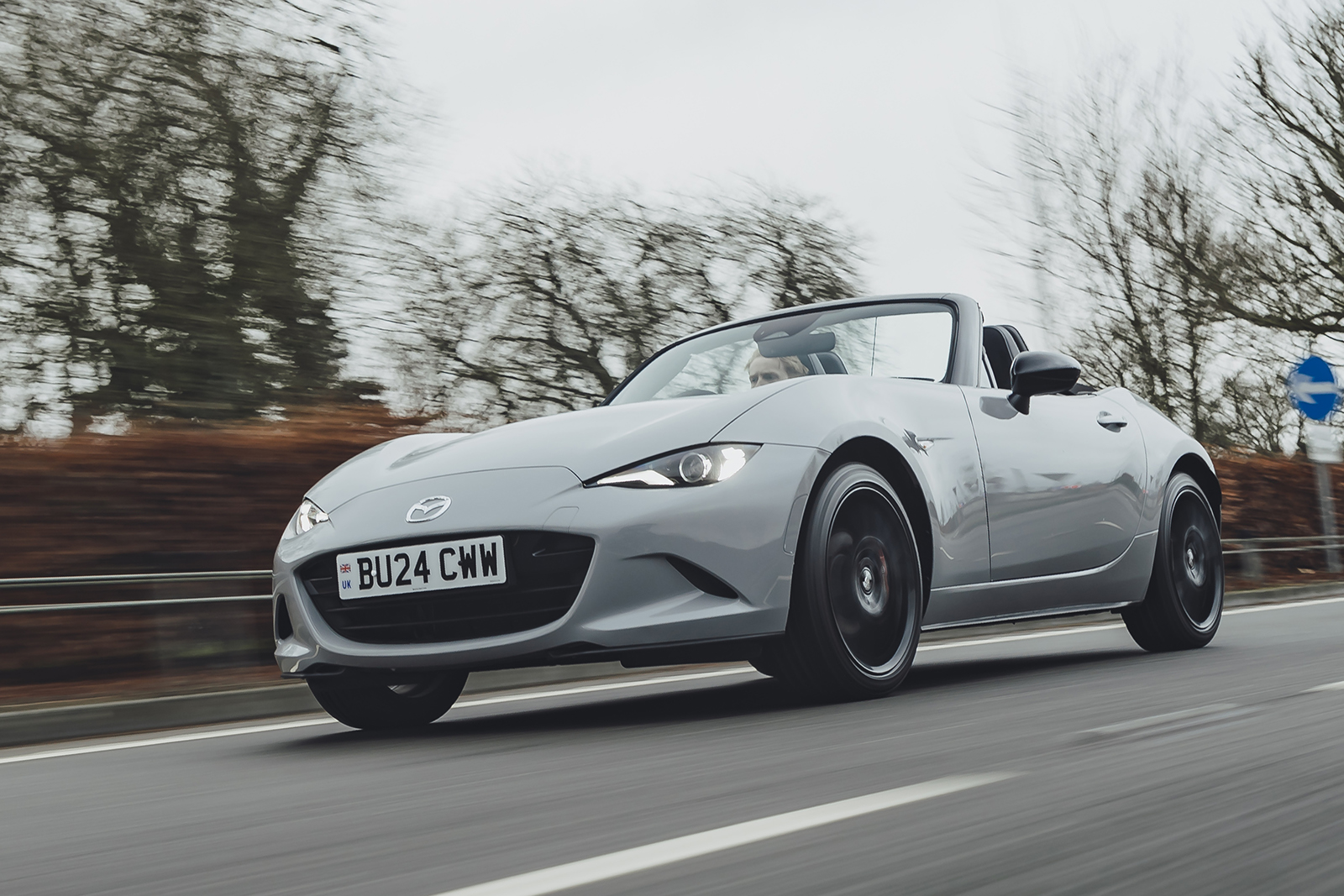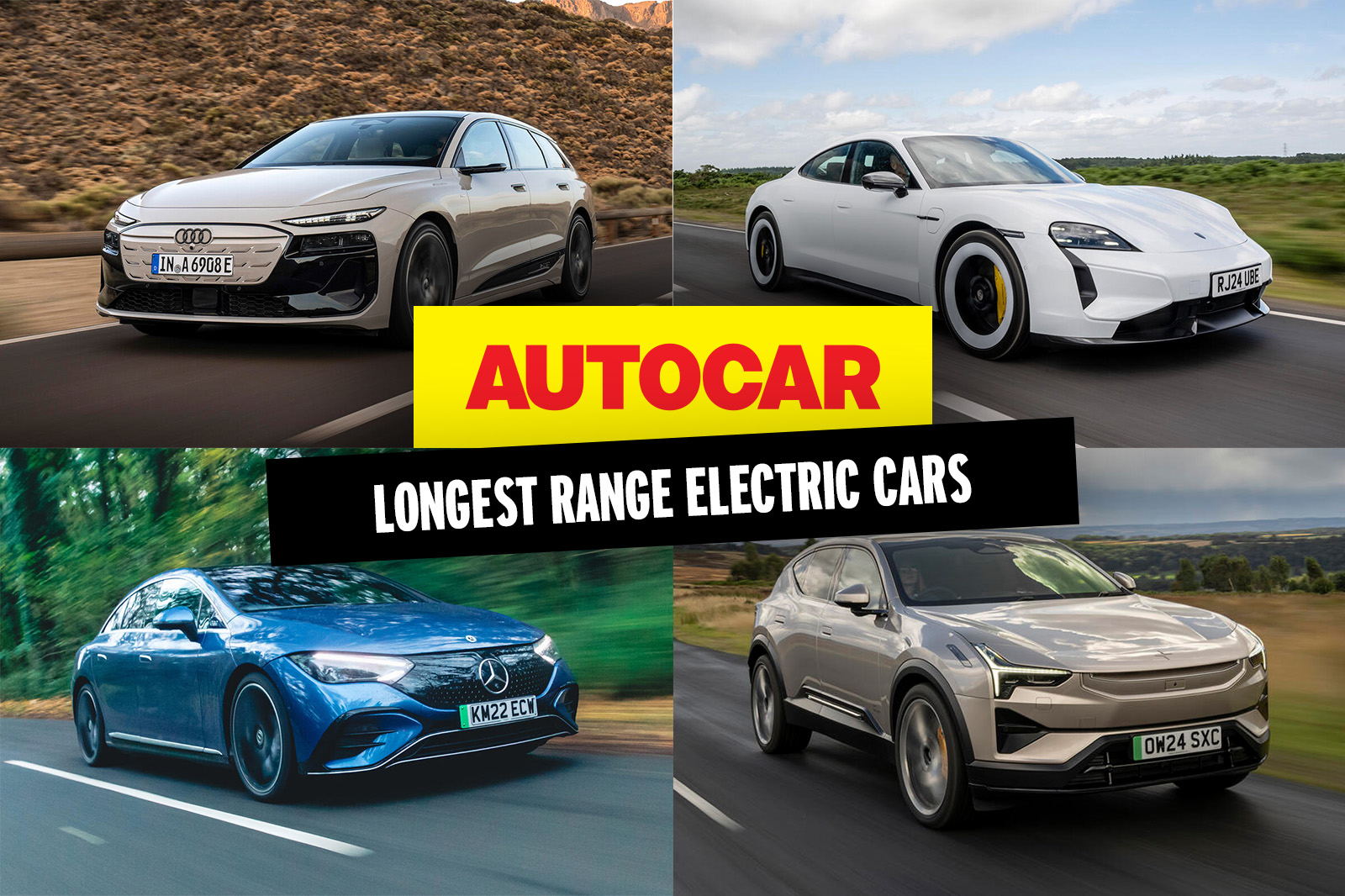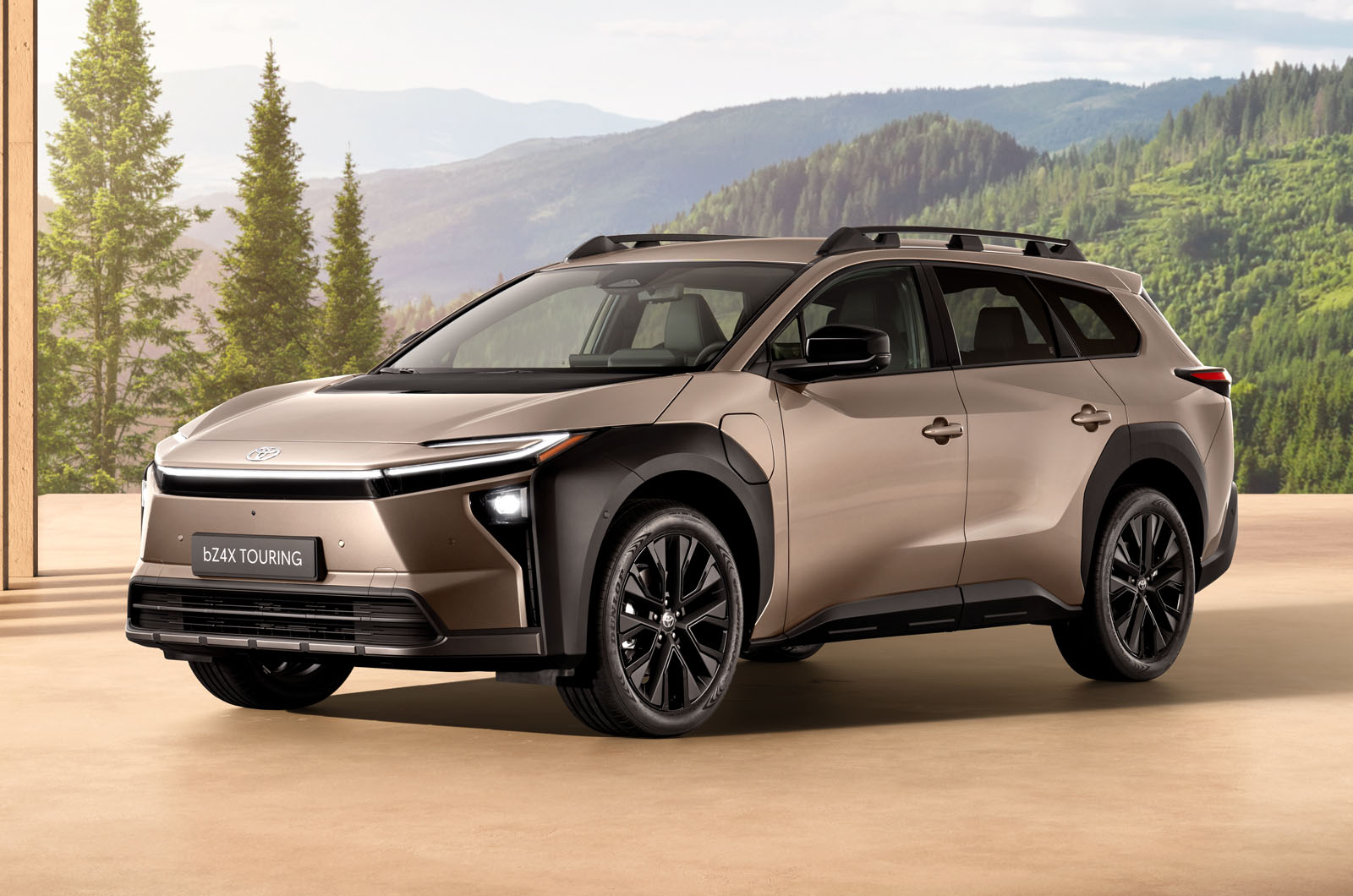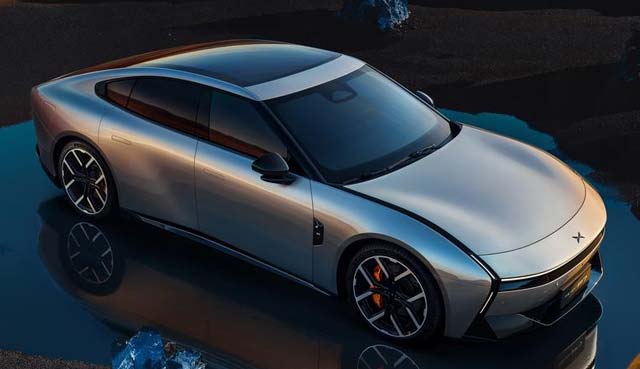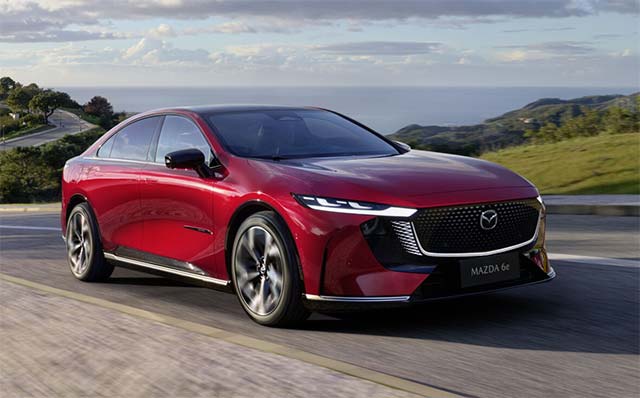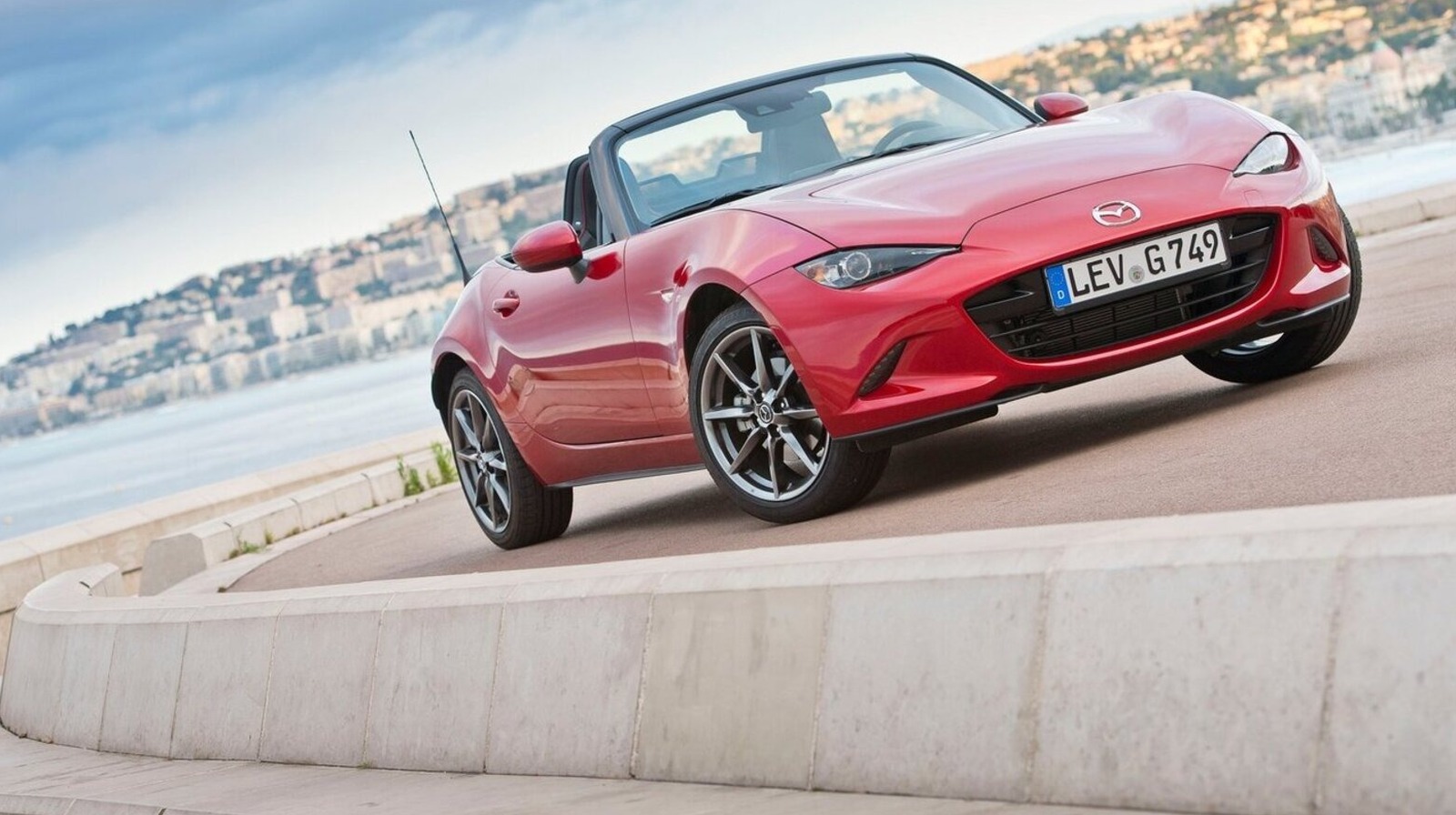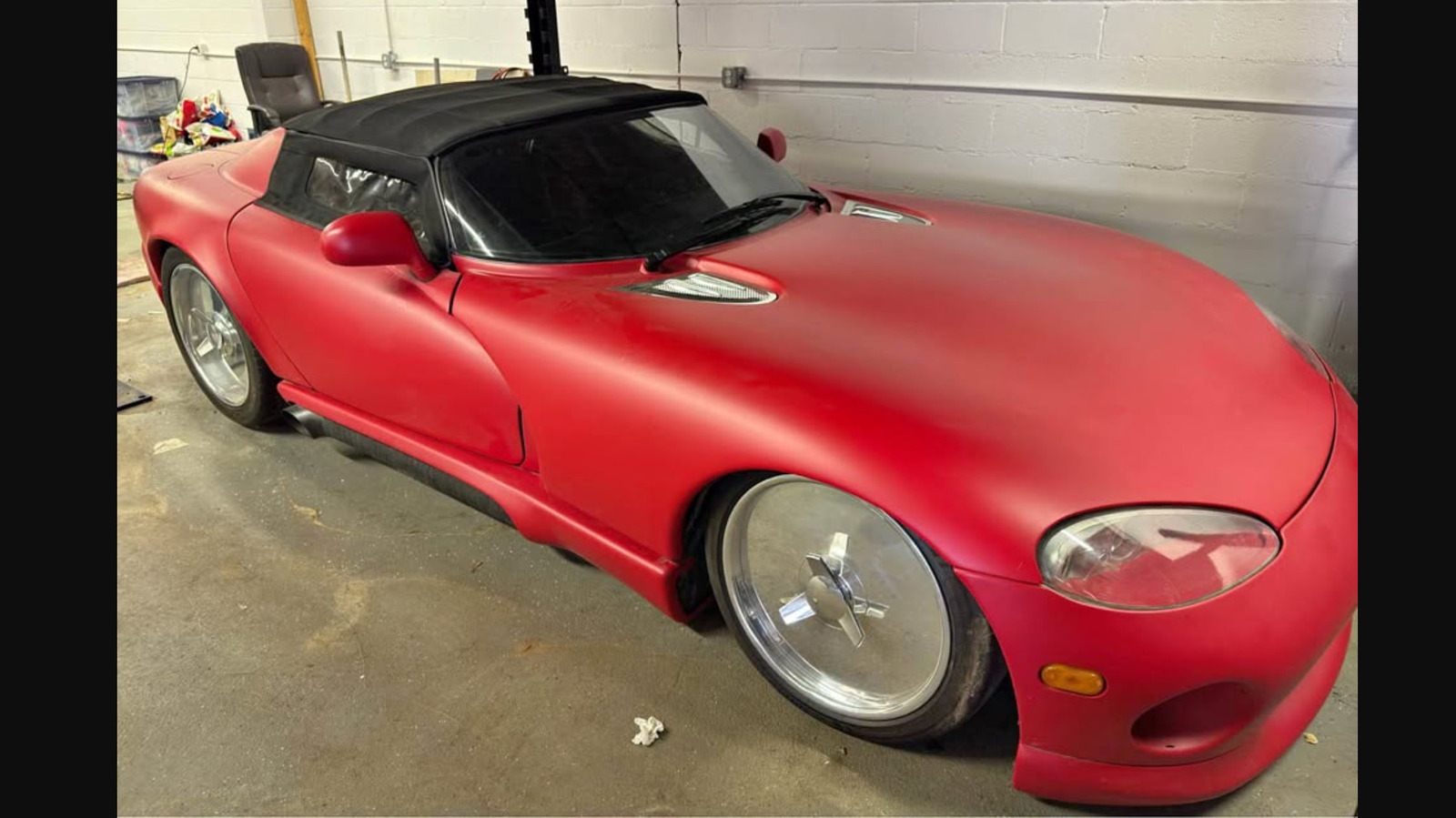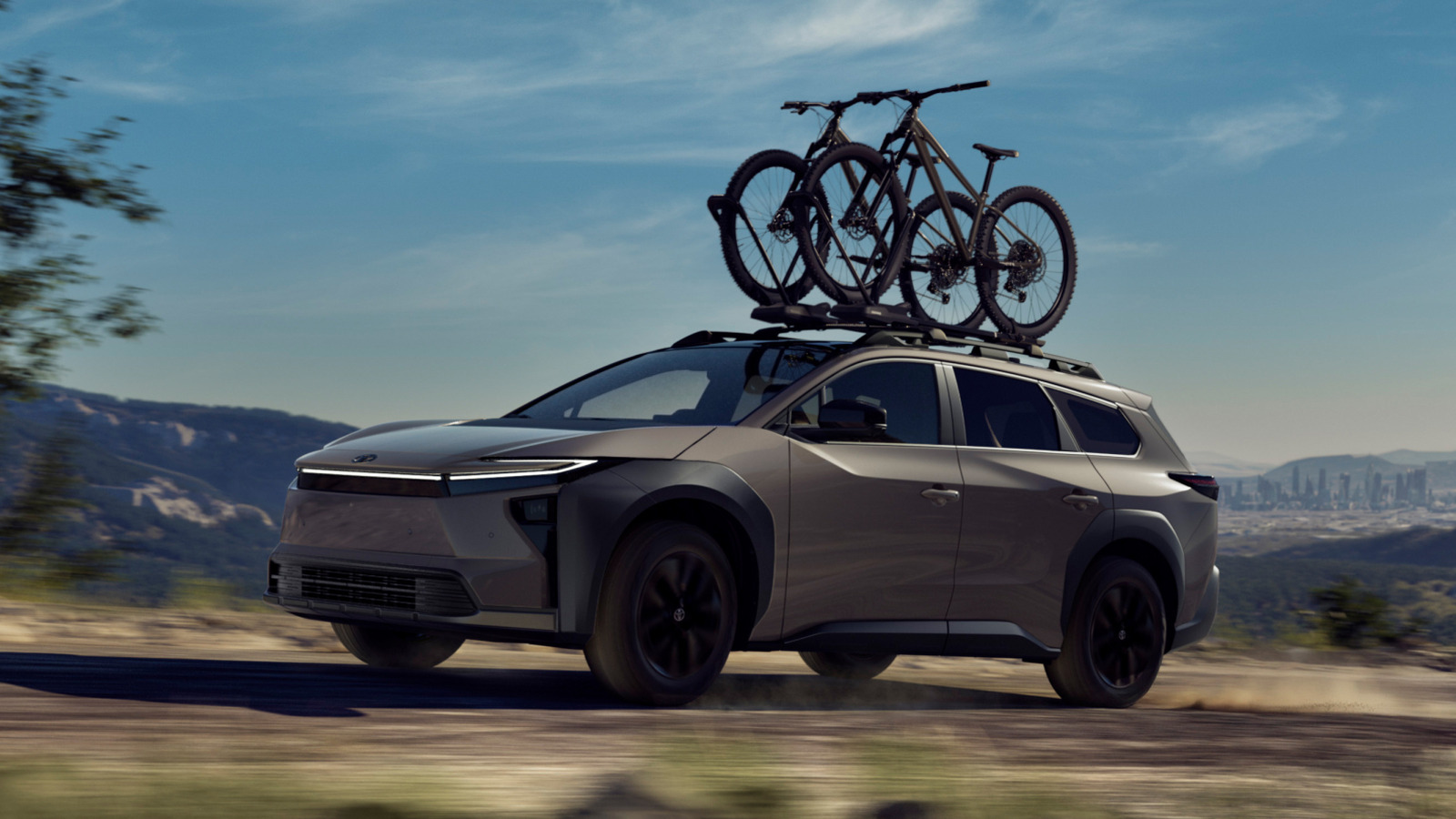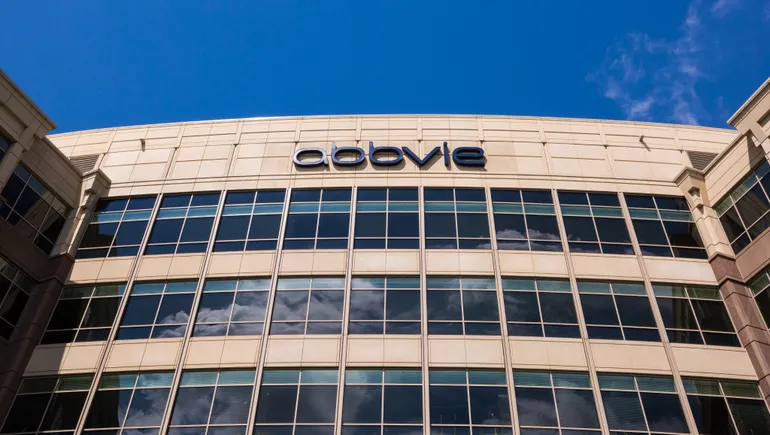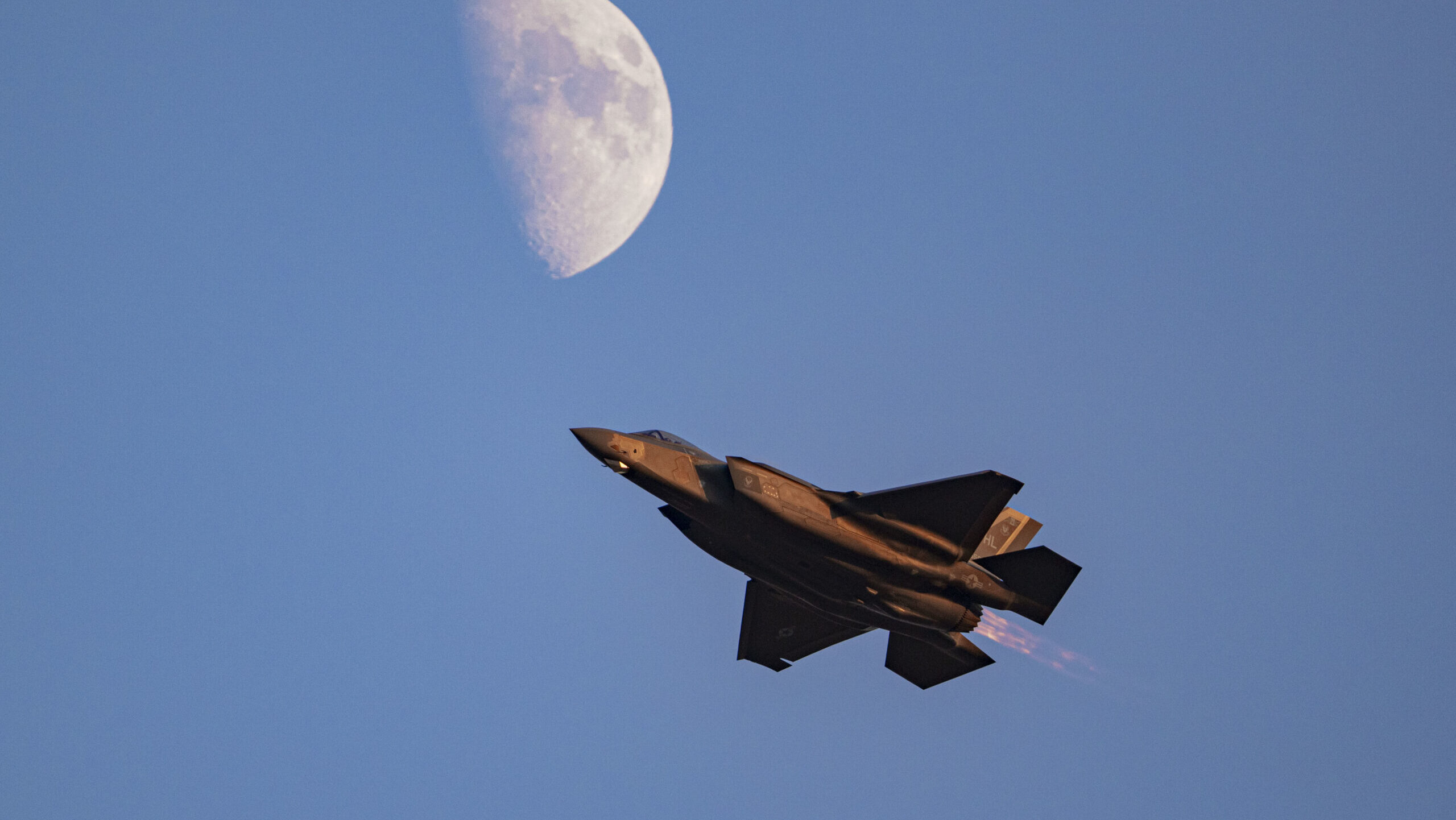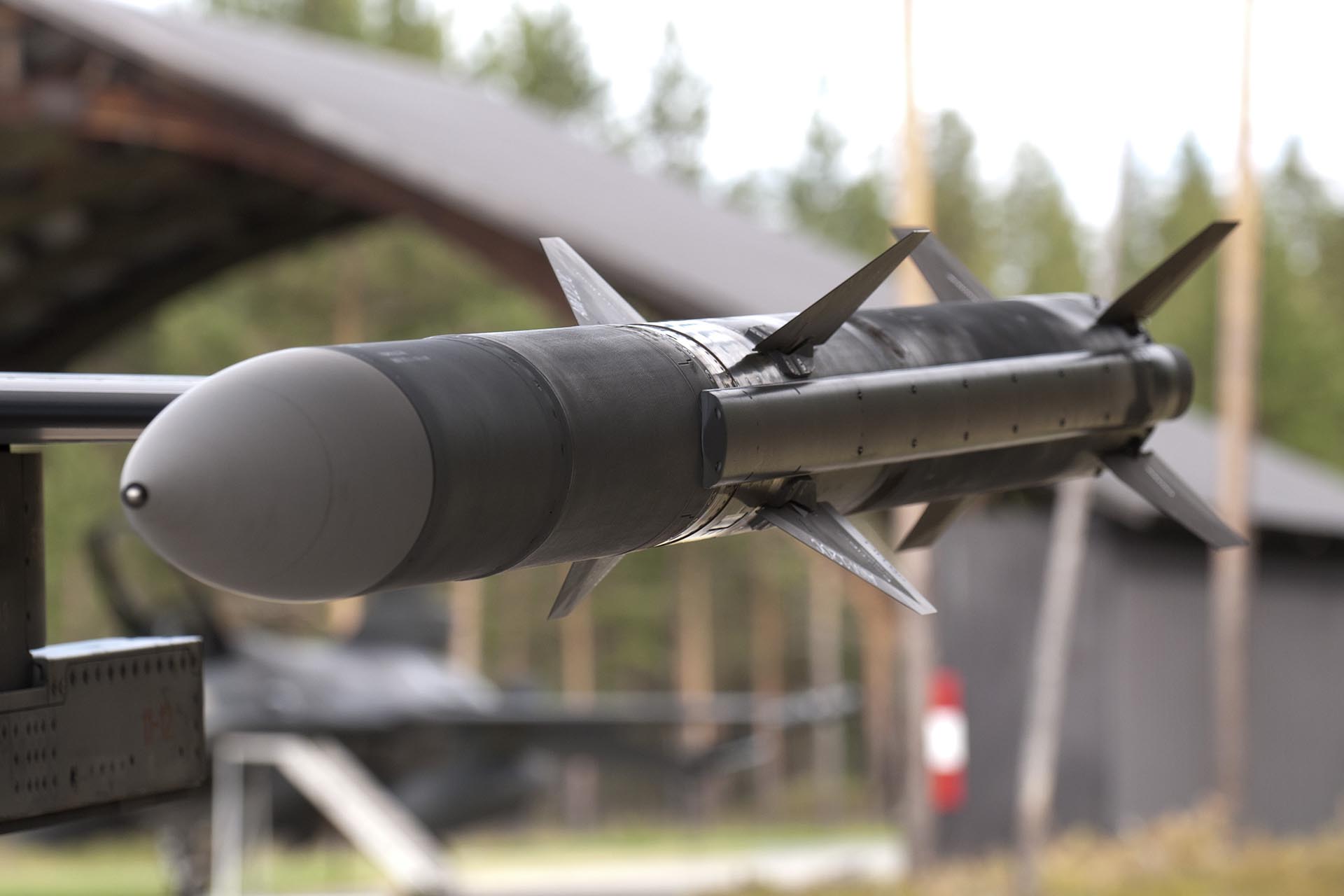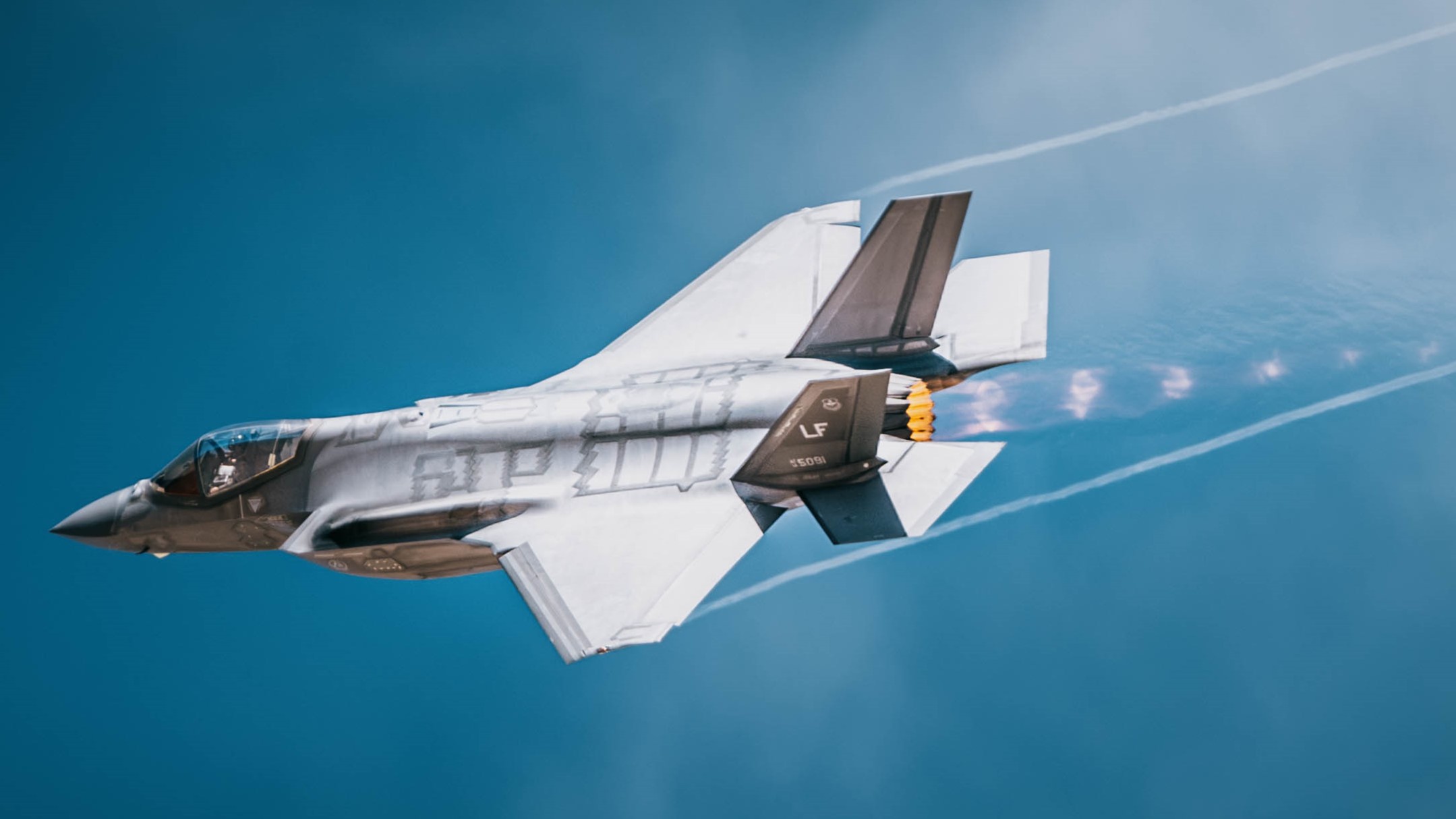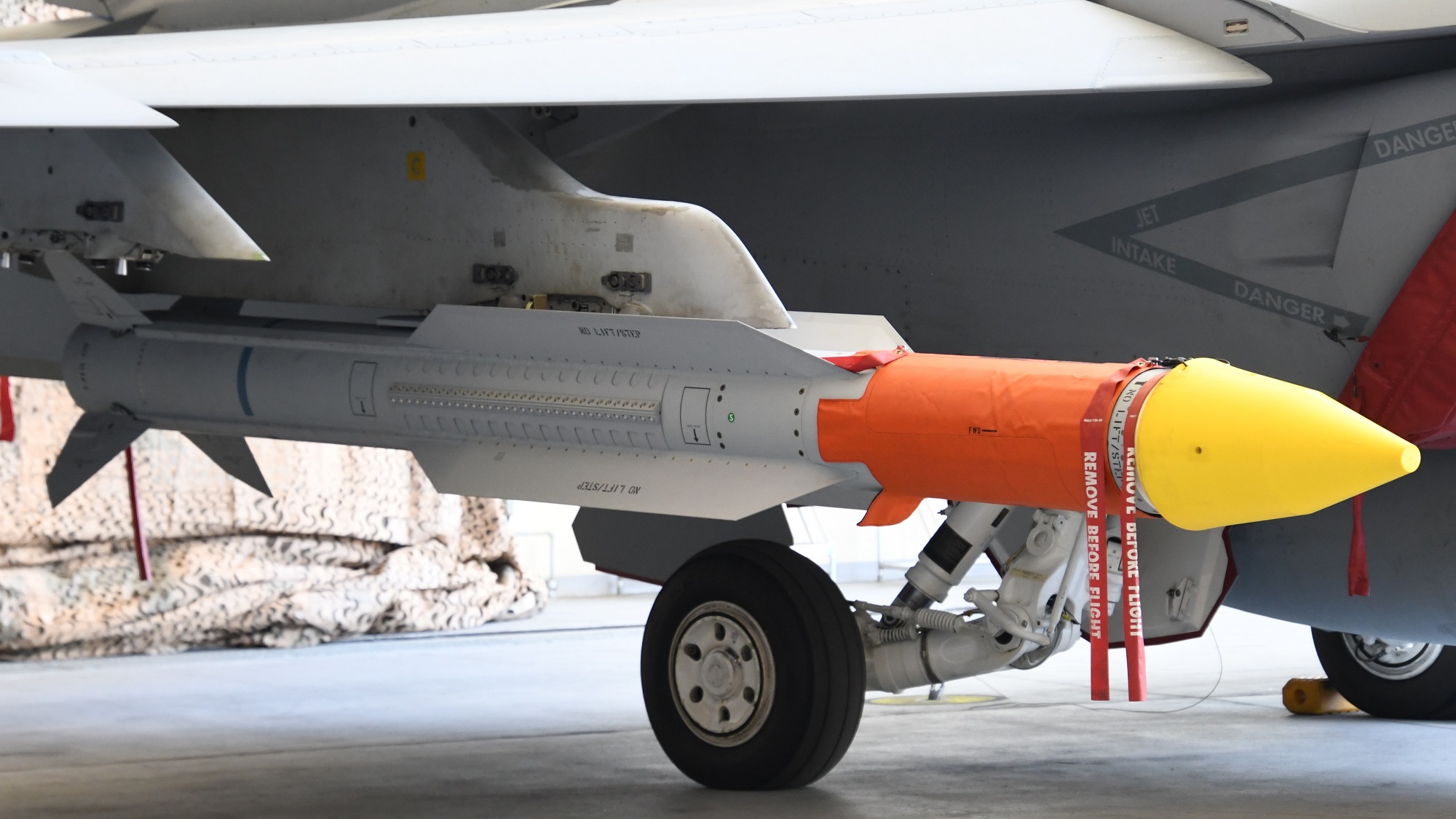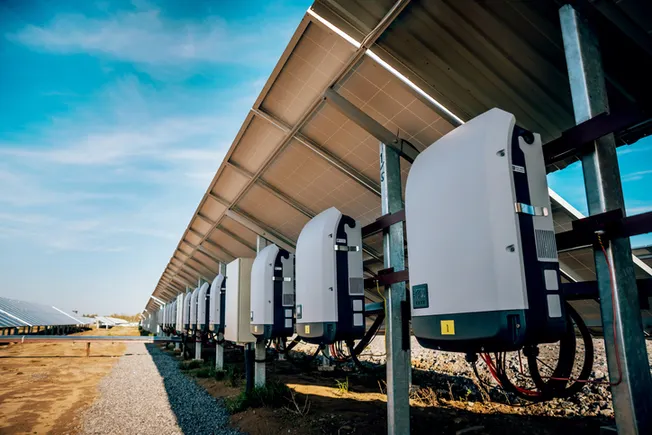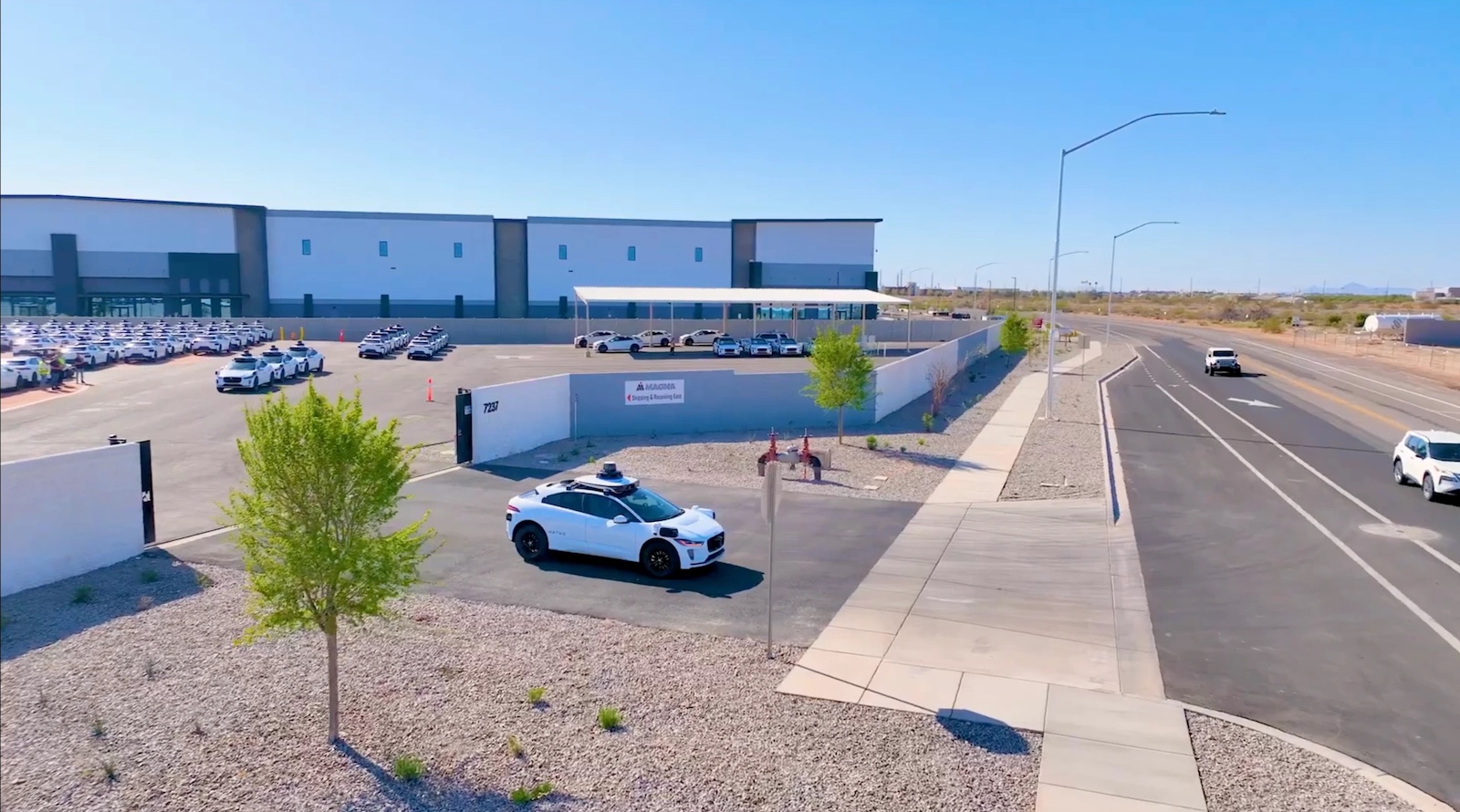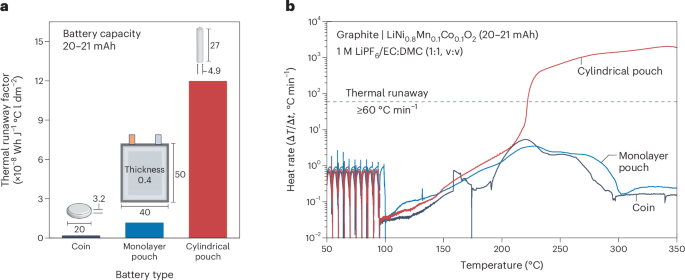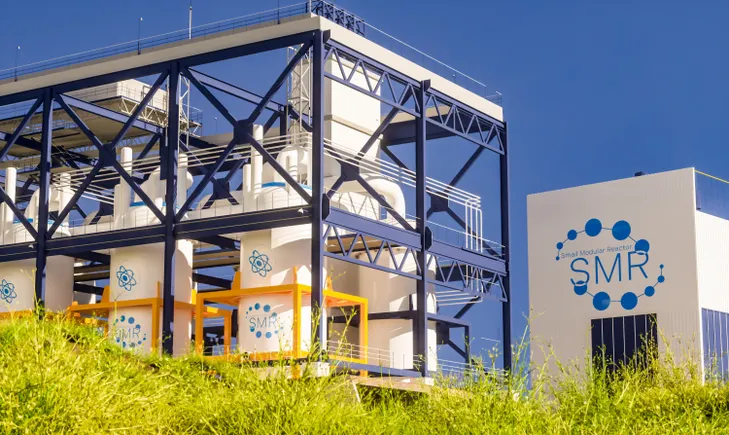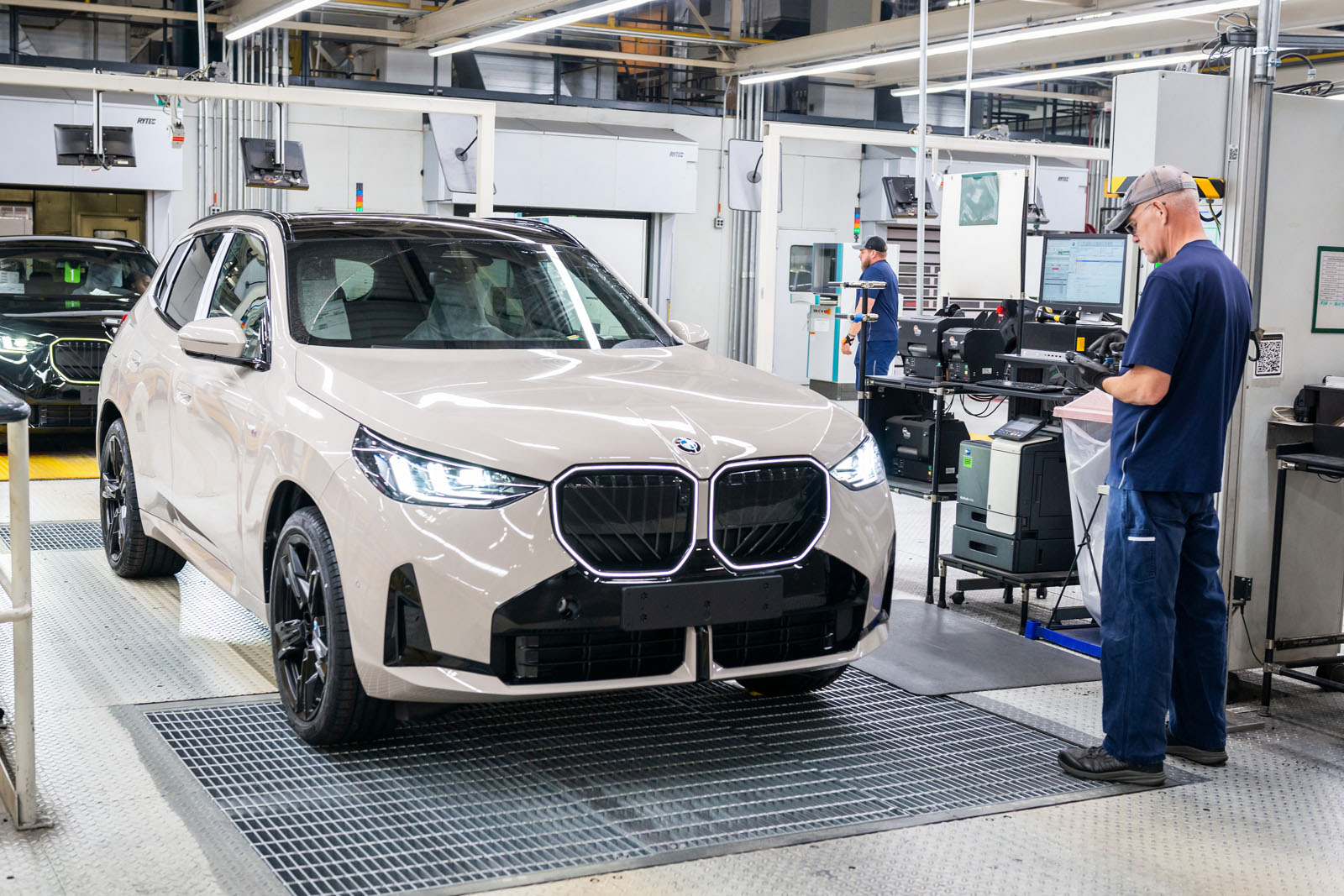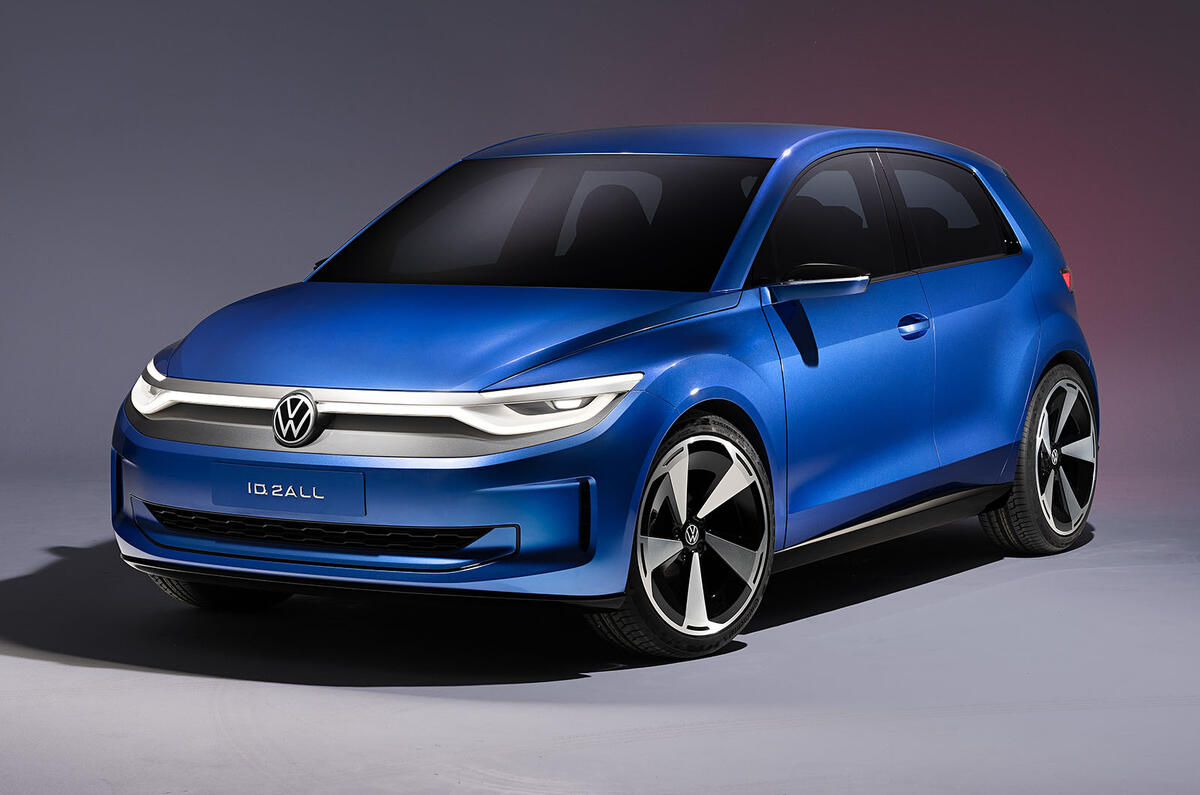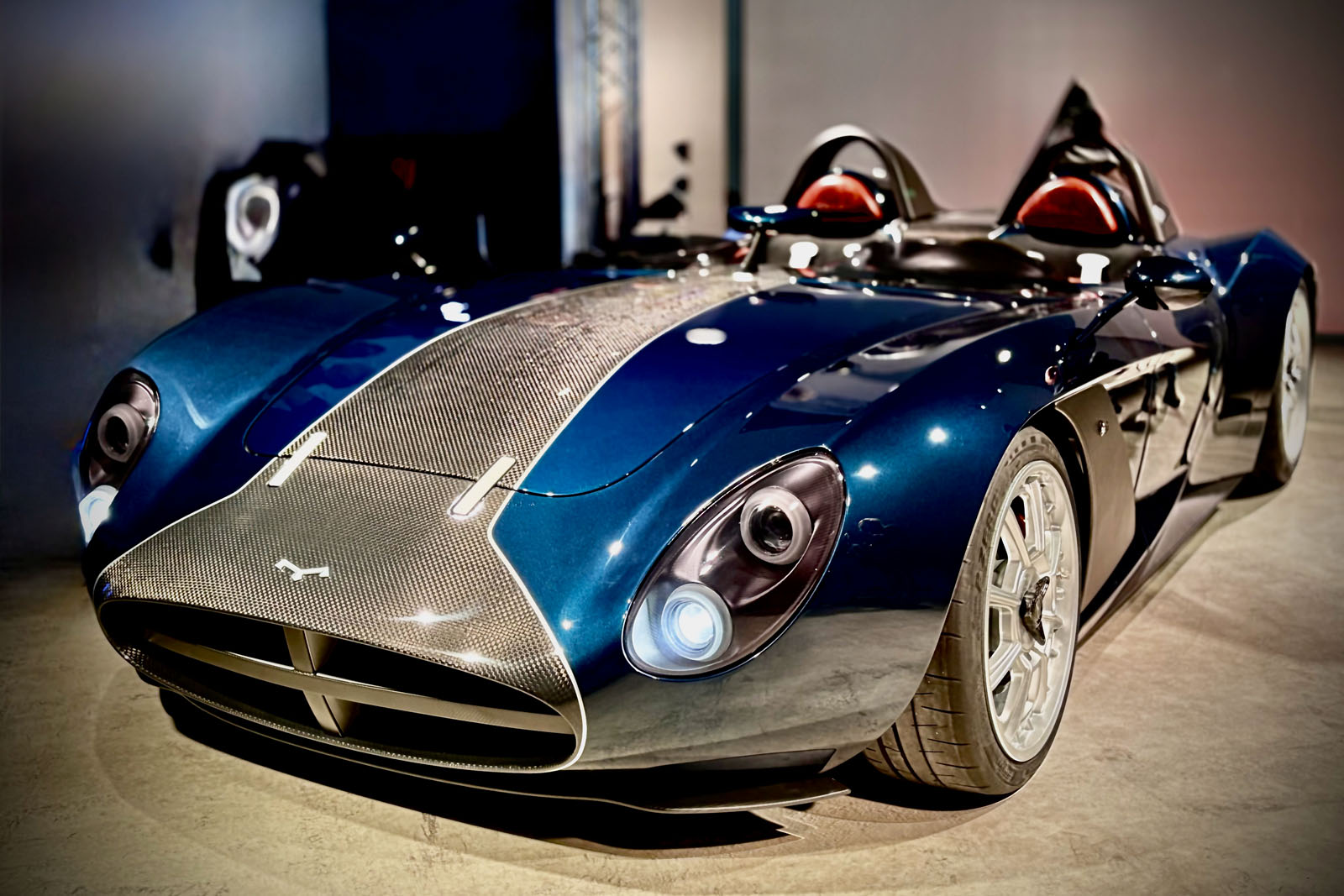Aston Martin is first to bring new Apple CarPlay Ultra infotainment
Apps such as maps can now be mirrored on the car's instrument panel as well as its infotainment screen CarPlay now runs across two screens and can control various in-car functions in latest Aston Martin models Aston Martin has become the first manufacturer to offer the second generation of Apple's in-car smartphone mirroring system. Apple CarPlay Ultra dramatically expands the amount of screen space that the Apple interface can occupy, entering the car's instrument display as well as its infotainment screen. This means users can display maps or media alongside the rev counter and speedometer. They will also be able to select one of various designs for the instruments, as well as personalised colours, backgrounds and screen layouts. Additionally, functions such as the climate and audio controls are now accessible via the CarPlay interface and can be adjusted using Apple's Siri voice assistant. “Building on our in-house state-of-the-art infotainment system, CarPlay Ultra will provide additional functionality and personalisation opportunities which place Aston Martin at the forefront of infotainment in the sector,“ said CEO Adrian Hallmark. The new system will first be rolled out in the US and Canada, then the UK and Europe within the next 12 months. CarPlay Ultra will be included as standard in the DB12, Vantage, Vanquish and DBX 707 from the 2025 model year, plus the new DBX S. Owners of existing cars with Aston Martin's latest-generation infotainment system (introduced with the launch of the DB12) will be offered a free software update at official dealerships. CarPlay was launched in 2014 and first featured in the Ferrari FF, with the California T following shortly thereafter. Aston Martin’s current technology boss, Roberto Fedeli, held the same role at Ferrari at that time. By 2016, CarPlay had become an optional extra on many mainstream cars, such as the Mercedes-Benz A-Class, Peugeot 208 and Volkswagen Golf, and today it's rare to see it omitted from the standard kit list on any new car. Notable exceptions include the Tesla Model 3, Tesla Model Y and Leapmotor models.

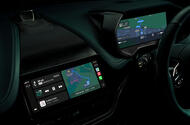
Apps such as maps can now be mirrored on the car's instrument panel as well as its infotainment screenCarPlay now runs across two screens and can control various in-car functions in latest Aston Martin models
Aston Martin has become the first manufacturer to offer the second generation of Apple's in-car smartphone mirroring system.
Apple CarPlay Ultra dramatically expands the amount of screen space that the Apple interface can occupy, entering the car's instrument display as well as its infotainment screen.
This means users can display maps or media alongside the rev counter and speedometer. They will also be able to select one of various designs for the instruments, as well as personalised colours, backgrounds and screen layouts.
Additionally, functions such as the climate and audio controls are now accessible via the CarPlay interface and can be adjusted using Apple's Siri voice assistant.
“Building on our in-house state-of-the-art infotainment system, CarPlay Ultra will provide additional functionality and personalisation opportunities which place Aston Martin at the forefront of infotainment in the sector,“ said CEO Adrian Hallmark.
The new system will first be rolled out in the US and Canada, then the UK and Europe within the next 12 months.
CarPlay Ultra will be included as standard in the DB12, Vantage, Vanquish and DBX 707 from the 2025 model year, plus the new DBX S.
Owners of existing cars with Aston Martin's latest-generation infotainment system (introduced with the launch of the DB12) will be offered a free software update at official dealerships.
CarPlay was launched in 2014 and first featured in the Ferrari FF, with the California T following shortly thereafter.
Aston Martin’s current technology boss, Roberto Fedeli, held the same role at Ferrari at that time.
By 2016, CarPlay had become an optional extra on many mainstream cars, such as the Mercedes-Benz A-Class, Peugeot 208 and Volkswagen Golf, and today it's rare to see it omitted from the standard kit list on any new car.
Notable exceptions include the Tesla Model 3, Tesla Model Y and Leapmotor models.











